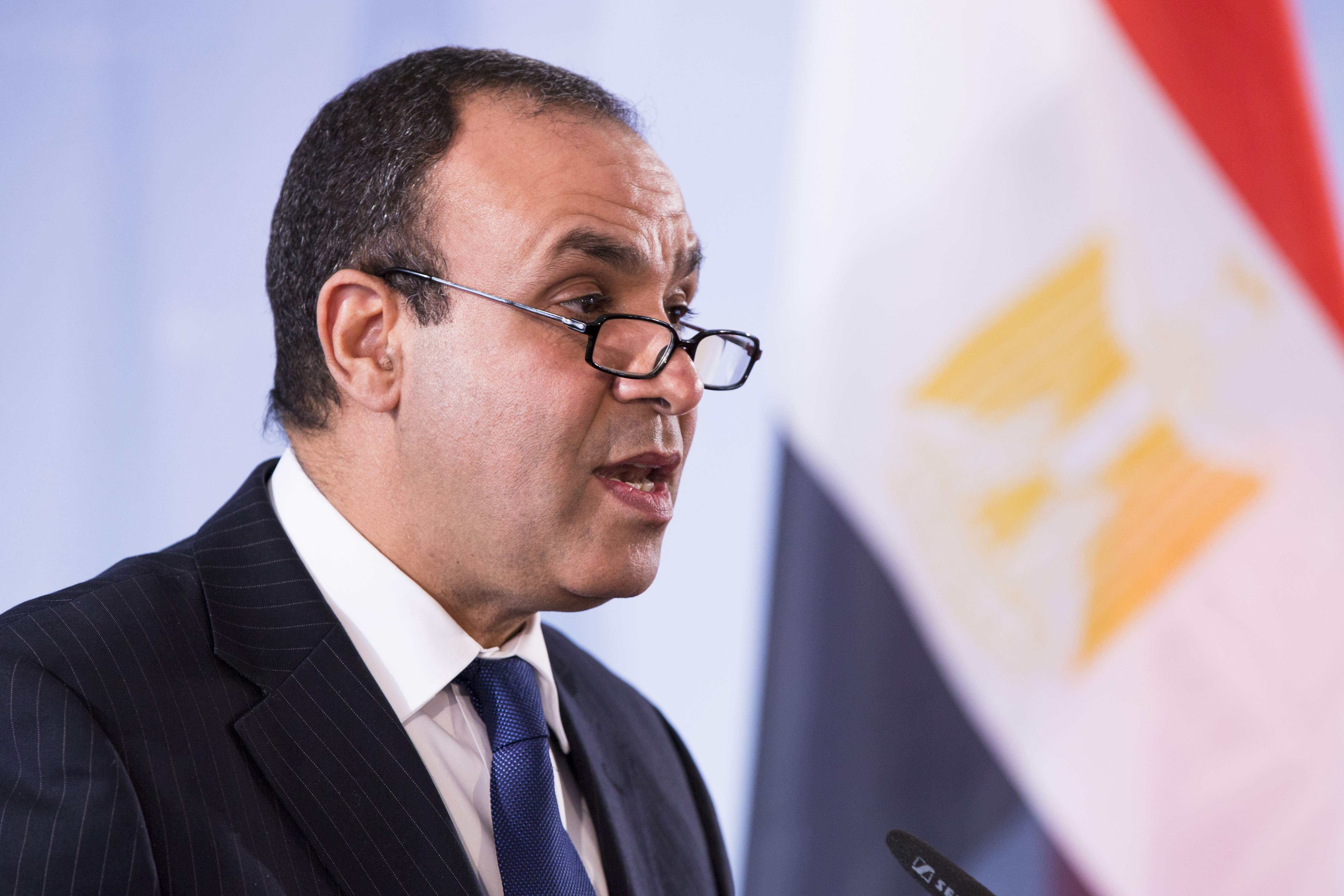Egypt Announces Arab-Islamic Agreement for International Peacekeeping Force in Gaza

Egypt's Foreign Minister, Badr Abdel Aty, has announced an Arab-Islamic agreement to form an international peacekeeping force in Gaza, primarily responsible for overseeing the ceasefire agreement's implementation.
In a media statement, the minister confirmed, "There is an Arab-Islamic consensus regarding the international peacekeeping force in Gaza," adding that "the roles of this force will include monitoring and ensuring adherence to the ceasefire agreement in the region."
While assessing Egypt's efforts, Minister Abdel Aty emphasized that his country has achieved a significant breakthrough by successfully halting the "war of destruction in Gaza," describing it as a "historic achievement and victory," and pledged to continue advancing the phases of the agreement.
The minister reaffirmed Egypt's strong stance on the unity of Palestinian territories, stating, "Egypt firmly rejects any attempts to divide the area," and stressed that "Gaza will remain part of this unity, and we will not accept any division."
He also expressed Egypt's full support for President Donald Trump's plan, which envisions Gaza as a unified territory, noting that "the primary goal of Egyptian, Arab, and Islamic efforts is to achieve a two-state solution."
Abdel Aty outlined the next practical steps, stating, "Egypt is committed to solidifying the ceasefire, and following the transfer of remains, the second phase will commence."
The statements also addressed Egyptian and international concerns regarding Israeli leaks about plans to restore Palestinian territories beyond what is known as the "yellow line," raising fears that this could lead to the division of the area, jeopardizing the overall ceasefire agreement signed in Sharm El-Sheikh. Military and diplomatic warnings suggest a covert Israeli intention to solidify this temporary military situation and transform the "yellow line" into the "Berlin Wall" of the 21st century.
In addition, the minister addressed the situation in Sudan, emphasizing that "ending the devastating war in Sudan is a top priority for Egypt," and stated that "there is no military solution in Sudan," while coordinating efforts to prevent the flow of weapons from neighboring countries in collaboration with the quadrilateral mechanism.
He concluded his remarks by noting that Egypt will "support the African neighborhood and promote coordination among these countries and the quadrilateral mechanism, as well as assist countries in the Sahel and Chad in combating terrorism and extremist ideologies."
